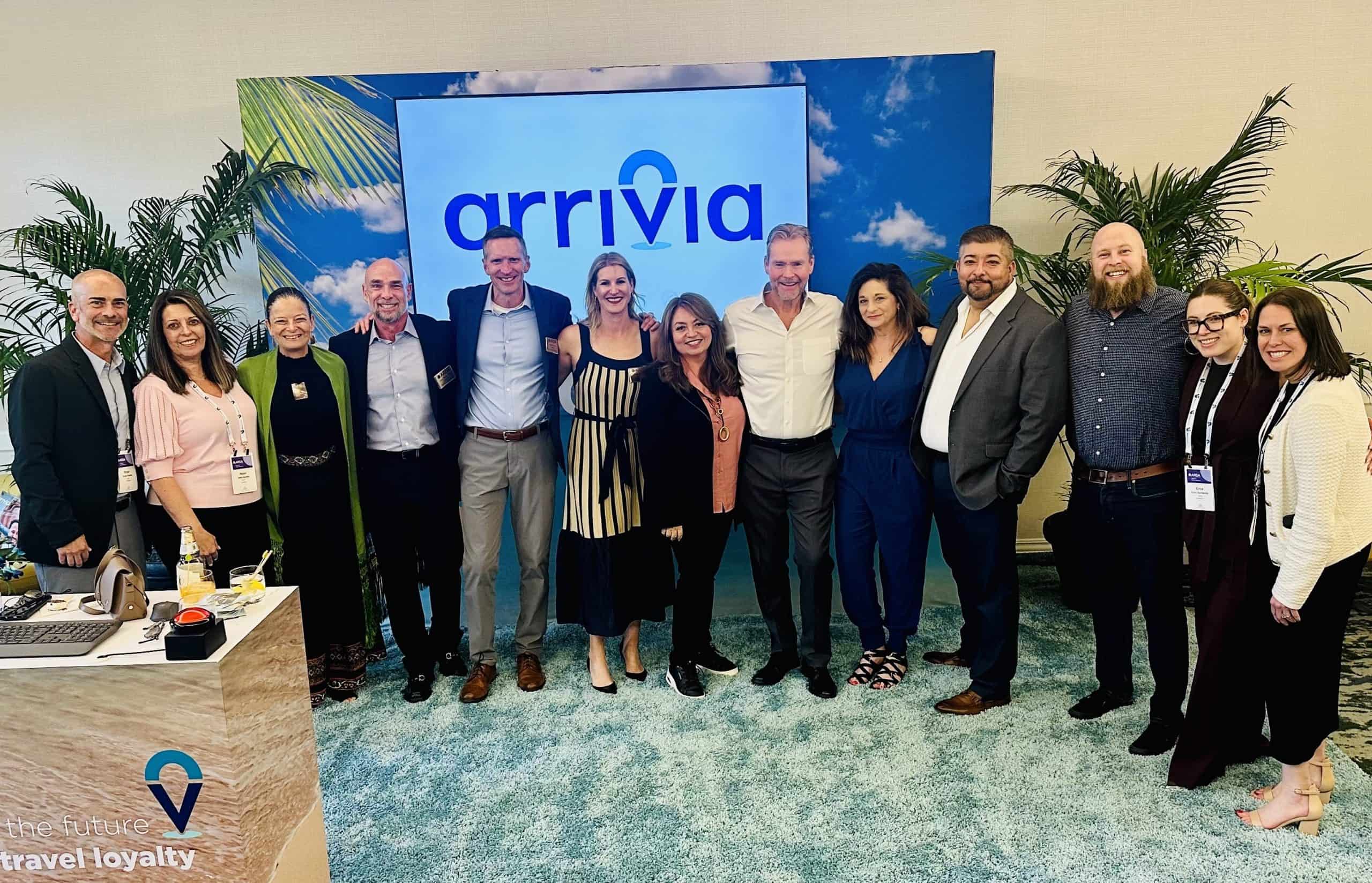In the past two years, the number of providers integrating travel booking capabilities directly within their platforms has grown from 61% to 84%. This significant expansion is spurred by increasing consumer expectations for enhanced convenience and cost savings in travel planning; however, a substantial piece of the puzzle is still missing — customization in itineraries and offers.
Enter the role of AI travel planners for personalized travel experiences and more efficient travel planning. AI travel planners, sometimes referred to as AI travel assistants, provide tailored itinerary recommendations, promote time and cost savings, and power simplified travel booking capabilities for customer vacations, whether they’re international road trips or domestic day trips.
Here’s what travel providers and travel-adjacent brands need to know to successfully leverage an AI travel planner.
The Rise of AI Travel Assistants in Planning Vacations
The technological evolution of travel planning is impossible to ignore. What began as a manual process that relied on print brochures and fax machines now encompasses online travel agencies (OTAs), internet booking engines (IBEs), and, more recently, AI travel assistants. So, what is an AI travel assistant? Put simply, it’s a derivative of generative artificial intelligence (GenAI).
An AI travel planner uses a variety of algorithms and large language models (LLMs) to first analyze vast amounts of data — like customer searches and current travel product availability — and then generate personalized travel recommendations. AI travel assistants also apply natural language processing (NLP) capabilities to interact with customers and adjust itineraries on the fly.
In 2023, the United States reported the highest share of travelers (63%) using an AI-powered travel companion. This is unsurprising, as several popular brands, including Booking.com, Priceline, and TripAdvisor, have deployed AI travel planners. Of those who have used an AI travel planning tool in the U.S. and Canada, 45% are satisfied, and 39% are very satisfied with the recommendation quality.

Key Features of Effective AI Travel Planners
The primary role of an AI travel planner is to provide GenAI itinerary suggestions. What this means is that AI travel planners are designed to digest traveler information and suggest personalized travel experiences in return. For instance, TripTailor by arrivia harnesses user preferences for travel modes, destinations, schedules, and desired activities to craft tailored travel plans.
However, that’s not all AI travel planning tools can do. Smart travel technology can also be embedded directly into travel booking platforms and mobile travel loyalty applications to enable automated booking and reservation capabilities. In this way, customers can simply select their desired itinerary from the available AI suggestions, and the travel planner can do the rest.
Speaking of mobile loyalty applications, AI vacation planning tools can also provide travelers with real-time updates and notifications that enhance travel convenience, cost savings, and, of course, customization. AI travel planners like SmartCal by arrivia find personalized getaway opportunities based on customers’ schedules and then send mobile reminders for booking before prices increase.
Benefits of Using AI in Planning Vacation Itinerary
An automated itinerary planner checks several boxes for travel and travel-adjacent brands looking to enhance customer satisfaction. For one, an AI travel planner uses historical data, user preferences, and noted points of interest to generate personalized travel experiences. Tailored recommendations interest consumers and power more relevant marketing messaging.
Secondly, at a time when 37% of consumers say price and value for money are their top considerations when planning a trip, AI planning tools offer extreme potential for cost savings through intelligent booking suggestions. For example, VIA, arrivia’s AI-powered travel companion, comes equipped with RateRover features to deliver price drop alerts for upcoming travel plans.
Not to mention, AI travel planners can also help handle complex itineraries and customer inquiries. This capability greatly benefits human agents, who save considerable time tracking travel prices and product availability across dozens of providers. Combined, these features work to enhance the overall travel experience, better satisfying customers and enhancing travel brand perceptions.
Add an AI Travel Companion to Your Travel Technology Suite with arrivia
Trip planner AI is the latest iteration of automation to impact the travel industry — but it’s far from the last. As AI travel planners continue to permeate the travel world, it’s vital to learn how you can leverage AI-enhanced travel tech innovations with reliable partners like arrivia. Arrivia remains at the forefront of smart travel technology to craft bespoke itineraries and travel rewards.
Whether you’re looking to simplify customized travel plans or scale cost-effective travel solutions, request a demo to learn more.



